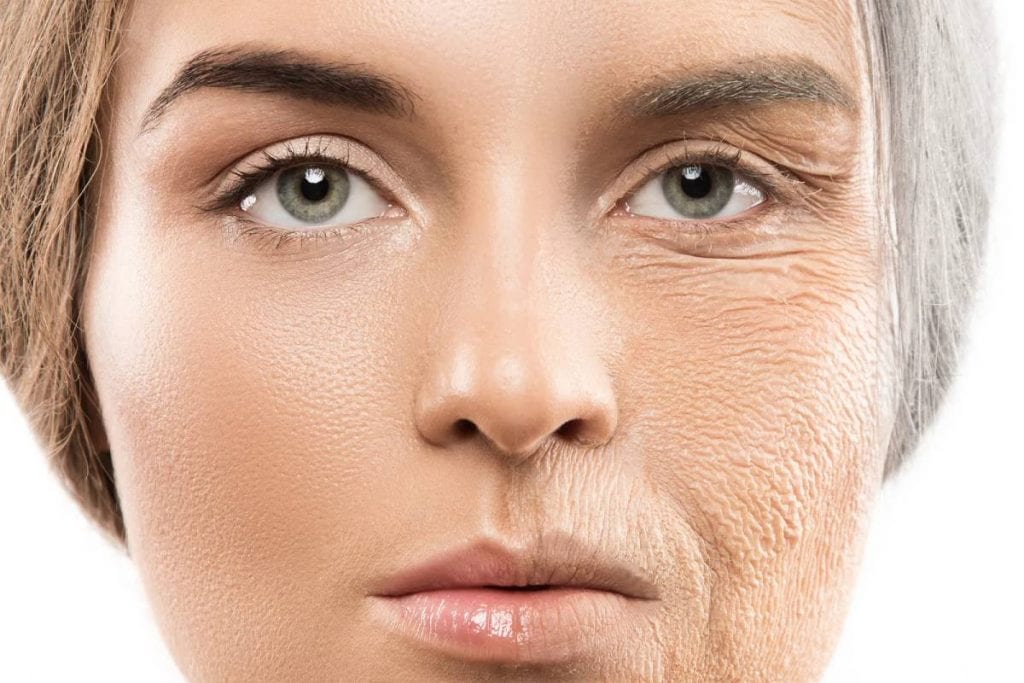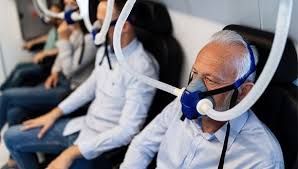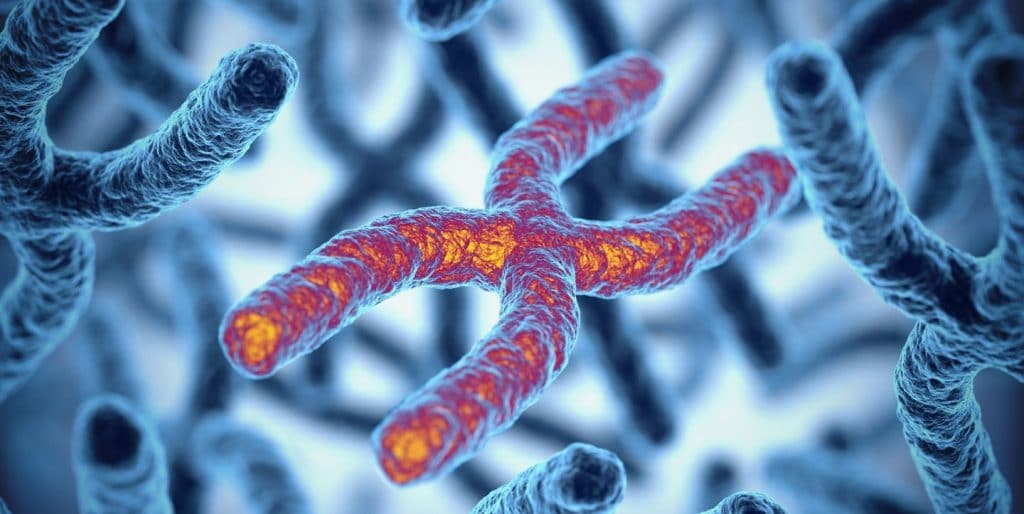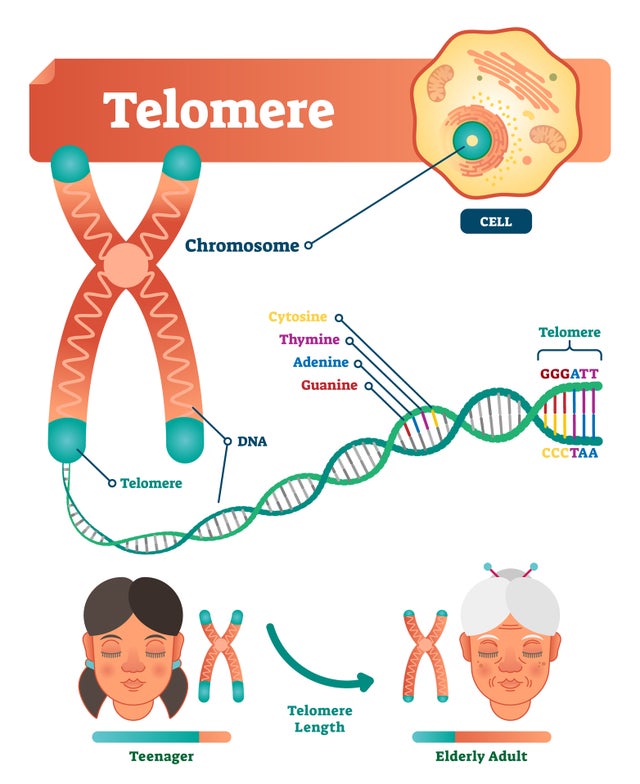How to Prevent Aging Easily? Israeli scientists with new discovery.
Dec 02, 2020
Admin

According to Israeli scientists, oxygen is a key factor in reducing aging.
Although aging is a natural process, there are no people who do not want to prevent it. Therefore, a lot of research is being done in different parts of the world to find out the possibilities in this field. A group of Israeli scientists have shared the results of their research. These scientists performed oxygen therapy. The findings of scientists at Tel Aviv University and Shamir Medical Center were published in the November 18 issue of the journal Aging.
They did this in a simple way to deliver pure oxygen to the cells in a room with high pressure. Scientists claim that this not only prevents aging, but also reduces the physical problems that are inherent in aging.
Read More: How to go for a perfect date? Age is just a number

These scientists have reduced the two main processes that lead to aging. The first is the shortening of the telomeres (cap-like structures contained in chromosomes) and the other is the process by which cells in the body are destroyed and accumulate.
Also Read: These pro tips will make age just a number
Professor Shay Efrati led the research on hyperbaric oxygen therapy (HBOT). Al Jazeera reports that the study was conducted on 35 people over the age of 64. W.
The subjects were given HBOT 90 minutes a day for three months. According to the article, they started showing physical changes in just three months. Scientists claim that the cells in the bodies of those tested are still the same as they were 25 years ago.
https://www.youtube.com/watch?v=N5O05ykYFZQ
The researchers say that the length of the telomeres of the participants increased after the experiment. The average increase is up to 20 percent. They also say that it can reduce the rate of degeneration of decayed cells by 37 percent. The main reason for the aging process is the shortening of the telomere.

Researchers now claim that the attempt to lengthen the telomeres was successful. However, changes in the length of telomeres before and after the experiment have given new hope to the scientific community.


